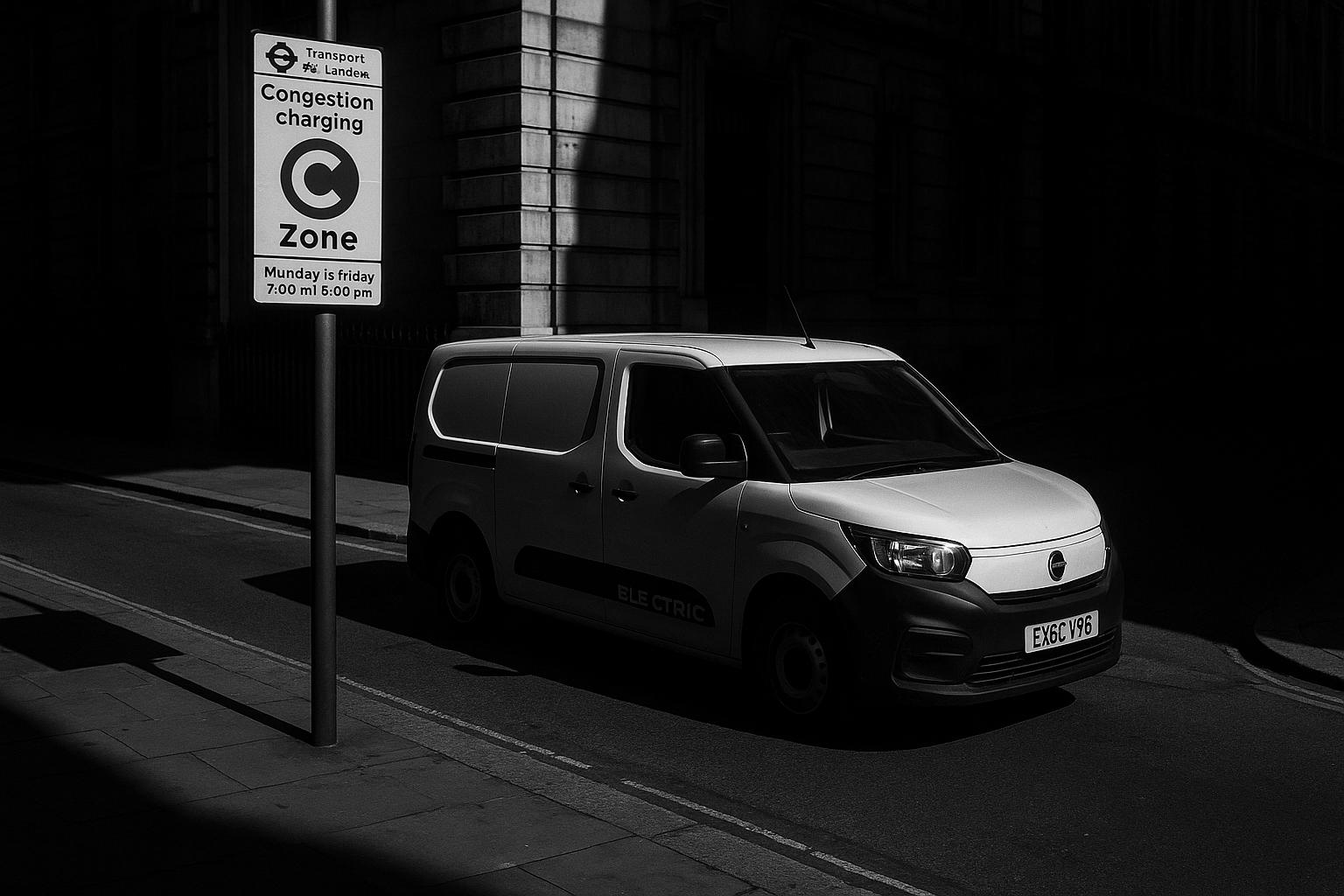Transport for London has set out plans to end the 100% Cleaner Vehicle Discount on 25 December 2025 and replace it with a new, phased discount as part of wider revisions to the Congestion Charge. According to TfL’s consultation and a separate press statement, the daily charge would rise from £15 to £18 from 2 January 2026, while a “new Cleaner Vehicle Discount” would offer reduced concessions for zero‑emission vehicles rather than a blanket exemption. The proposals are framed as an attempt to curb rising traffic in central London while still supporting journeys that are harder to switch away from private vehicle use, such as commercial van trips. (TfL said this in its consultation materials and press release.)
From 2 January 2026 the draft scheme would give eligible electric vans, HGVs and quadricycles a 50% discount and electric cars a 25% discount, on the condition vehicles are registered for Auto Pay; TfL also proposes automatic eligibility checks using DVLA data to remove the need for a separate registration process. The consultation further sets out a second phase: from 4 March 2030 the discounts would be cut again, to 25% for vans and 12.5% for cars. TfL presents the staged approach as balancing continued support for electric vehicle uptake with the need to prevent exempt vehicles from swamping central London roads.
TfL says the change is necessary to preserve the Congestion Charge’s effectiveness: more than 112,000 vehicles currently benefit from the full discount, a figure the authority argues has contributed to rising central‑London traffic and pressure on public transport services. The body has paired the proposals with wider measures it says will ease the transition, including targeted scrappage support, and an ambition—set out by City Hall—for up to 40,000 EV charge points by 2030 to underpin longer‑term zero‑emission travel.
The plans have drawn criticism from elected representatives and campaigners who argue the move risks undermining EV conversions, particularly among small firms. Labour Assembly Member Elly Baker warned that cutting discounts for electric vans and small businesses could deter greener fleets and hurt livelihoods, while London Assembly member Caroline Russell acknowledged the staged removal had been signalled previously but urged more targeted help such as scrappage schemes, interest‑free loans and use of the GLA Green Finance Fund to support smaller operators and promote cargo‑bike alternatives.
Business groups and motoring organisations have also expressed concern about the financial hit to firms that have already invested in zero‑emission vehicles. Independent analysis, reported by industry media following a Freedom of Information request, estimated that replacing the full exemption could generate upward of £75 million a year in additional revenue for TfL — a figure that underlines both the fiscal incentive for reform and the potential cost to drivers and small businesses if mitigations are insufficient.
Supporters of the change say it restores fairness and helps protect the capacity of public transport by discouraging a new cohort of exempt private trips which, they argue, would otherwise erode journey times and reliability. Critics counter that weakening the discount risks slowing the broader shift to electric vehicles during a critical phase of the energy transition. TfL and City Hall stress the proposals do not change Ultra Low Emission Zone standards; the consultation is positioned as a targeted adjustment to the central London charging regime rather than a wider emissions‑standard change.
The consultation remains open for responses and TfL will consider submissions before deciding whether to proceed; the timetable set in the proposals is explicit about the key dates — the current 100% discount ending on 25 December 2025, the revised rates and higher daily charge from 2 January 2026, and the further reductions scheduled for 4 March 2030. The debate now hinges on whether the final package will contain sufficiently generous, targeted support to help smaller operators complete green conversions without significantly increasing central‑London congestion.
📌 Reference Map:
- Paragraph 1 – [1], [4]
- Paragraph 2 – [3], [4]
- Paragraph 3 – [5], [4], [3]
- Paragraph 4 – [2], [6]
- Paragraph 5 – [7], [5]
- Paragraph 6 – [2], [5], [4]
- Paragraph 7 – [3], [4], [6]
Source: Noah Wire Services
